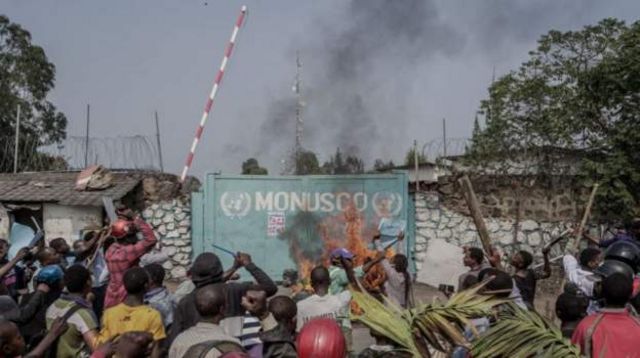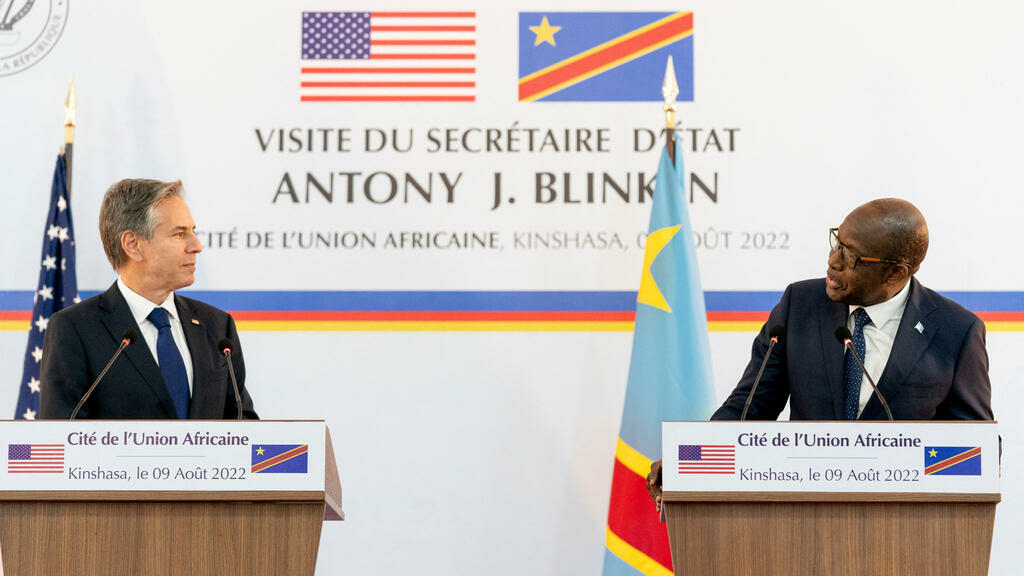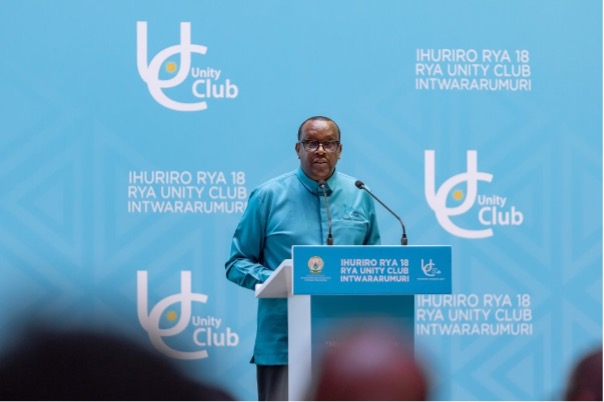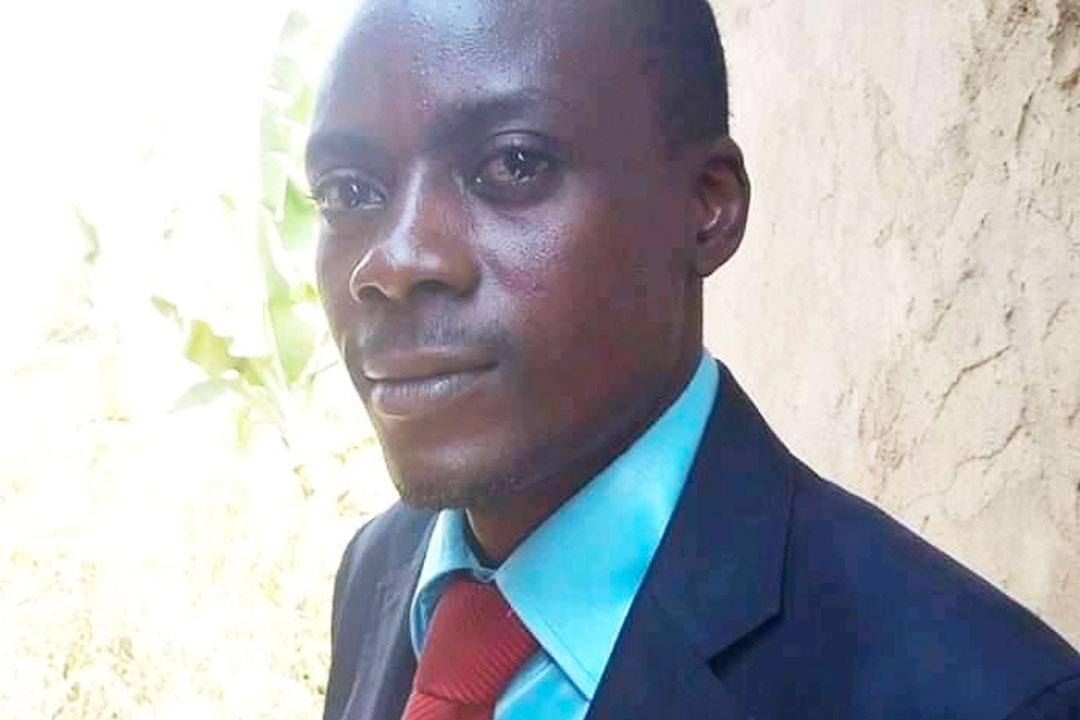Secretary Blinken’s visit to Rwanda and the DRC is taking place at a critical time. The Congolese people are more than ever revolted against Rwanda’s interference in the affairs of their country. The Rwandan population, although silent because under the yoke of a dictatorship, is going through a tense period. The resurgence of the M23 backed by Rwanda, the anger of the Congolese people, the crisis of confidence against Monusco,… are elements that force the international community and especially the United States to take firm decisions in order to curb this cycle of violence and impunity once-for-all.
There is only one explanation to the resurgence of the M23 with help from the Rwandan regime. Paul Kagame gradually realized that he was in danger of losing his influence over the Congolese government and his control over eastern DRC. His gamble is to use the M23 to weaken Tshisekedi’s government while demonstrating to the international community that he still has sufficient means to conquer parts of the Congolese territory without even having to officially include Rwandan troops. This strategy and logic cannot go unpunished by the international community because it contravenes all international rules.
The latest report of the United Nations Group of Experts on the Congo, which was made public by the international media, is not the first time Rwanda has been singled out for sending soldiers or supporting armed groups in eastern DRC. For example, in the December 2020 report, the Group of Experts noted that all the activities of the Rwandan Defense Forces in the Democratic Republic of Congo “without notification to the Sanctions Committee” established by the UN “constitute a violation of the sanctions regime.”
Let us recall that, the Mapping Report, which lists all the crimes committed during the period 1993-2003 in eastern DRC, is still gathering dust in the drawers of the United Nations in New York. Some of these crimes attributed to Paul Kagame’s Rwandan Patriotic Front (and its allies), which are recounted in detail in this “historic” Mapping Report, produced by senior UN experts, “reveal several damning elements that, if proven before a competent court, could be qualified as crimes of genocide. Much of the anger of the Congolese people and the despair of the Rwandan people stem from the fact that reports of the Kagame regime’s crimes have been piling up for years, but impunity continues to reign.
Our recommendations for reversing this vicious cycle are fivefold:
- Put in place clear and robust sanctions against the Rwandan regime, which is responsible for aggression against a sovereign country, for interference against a neighbor and for supporting a terrorist organization. The Rwandan regime has violated all the rules of respect for the sovereignty of the DRC to which it has committed itself through its participation in international, regional, and sub-regional organizations. Therefore, all these organizations should take their responsibilities and take dissuasive actions in the face of this situation. These sanctions should include an embargo on mineral exports. It is now clear that one of Rwanda’s goals in destabilizing the eastern DRC is to be the gateway to and the main beneficiary of the raw materials of the eastern DRC.
- It is imperative to remove from Rwanda the blackmail argument it has used to protect itself from international sanctions for nearly 20 years. This argument is its participation in UN peacekeeping forces and its military participation in bilateral military operations in countries experiencing instability. The Rwandan regime uses its army to blackmail the international community. Nevertheless, in our opinion, it is essential that the international community be coherent. How can peace be achieved in countries in difficulty by using an army that wages war on its neighbors? The international community and in particular the United Nations must therefore proceed, without delay, to the progressive reduction of the Rwandan troops within the UN peacekeeping forces. Furthermore, it is the responsibility of democratic countries that respect the sovereignty of States to criticize the implementation of bilateral agreements involving the military participation of the Rwandan army (as in the Central African Republic and Mozambique).
- The United Nations’ Force Intervention Brigade (FIB) should be provided with adequate military resources and given a mandate to put the M23 out of action, as was the case in 2014.
- The international community should support the Congolese state so that it can put in place a transitional justice mechanism as recommended by the Mapping report, because this region, scarred by countless tragedies and where impunity reigns, will never achieve peace without prior justice. This is the line that the Nobel Peace Prize winner, Dr. Mukwege, has been defending for many years. We believe that it is essential and unavoidable.
- Finally, the international community should support the opening of political space in Rwanda. For many years, criticism has rained down on the autocratic governance of the Rwandan regime. But the regime cannot be receptive to criticism while at the same time it receives more and more economic, diplomatic, and political support from the international community. It is therefore necessary to engage in a robust dialogue accompanied by binding measures to push the regime to open up politically by allowing greater freedom of expression, media freedom and the release of political prisoners such as Paul Rusesabagina. Finally, a dialogue must begin between the state and the opposition to rebuild the foundations of truly democratic institutions. This dialogue must of course include Rwandan refugee organizations in eastern DRC. In sum, we expect the United States to sponsor and support the transition from autocracy to democracy in Rwanda.
The Nairobi Process and the Luanda Road Map are laudable initiatives by Presidents Kenyatta and Lourenço. However, for the moment they are still a illusion unless the international community makes a substantial commitment to support them. These two processes will not be able to achieve their objective if international partners do not commit to putting real pressure on Rwanda to weaken President Kagame. As long as Kagame feels he is in a position of strength, no tangible results will come from these initiatives.

About the crisis between the UN institutions and the Congolese population, it is important to recall that following the military victory against the M23 in 2014, under the impetus of South Africa, Malawi and Tanzania, the UN and MONUSCO experienced the most important period of popularity since their arrival in the DRC. It is true that the Congolese state and its army have huge structural and institutional problems. The UN and MONUSCO cannot substitute for the Congolese State. That would be asking too much of them. But as long as MONUSCO is present on Congolese soil, the population expects it to provide a clear and active response to the problems they are experiencing. However, since the beginning of the M23 crisis, MONUSCO has seemed passive and, like the international community, it has been too cautious in its condemnation of the actions of the Rwandan regime. This lack of understanding of MONUSCO’s strategy is creating frustration among the Congolese people who are tired of being ignored by the international community, which has been oblivious to their suffering for the last 25 years. Now the population is acting as if it had nothing more to lose. We believe that MONUSCO’s mission must continue, that the Congolese army must undergo a thorough review, and that the FIB must be provided with more substantial means to achieve its objectives. The DRC and the region need the UN more than ever to solve the fundamental problems they have been experiencing for over 25 years now. But this must be accompanied by an in-depth reorganization of the state and judicial institutions and, above all, of the army.
This visit of Secretary Blinken to Africa comes in the context of the war provoked by Russia against Ukraine a few weeks after the African tour of Minister Lavrov. We believe that in this period of competition between the West and Russia at the international level and particularly at the African level, it would be wrong to rely on dictatorships in the alliance for the promotion of freedom and democracy. Rwanda cannot be an ideological, political or even military ally because the Rwandan regime simply does not share the same values as the United States.
To conclude, we would like to emphasize that Africans and especially the Congolese and Rwandan people expect a certain consistency from the international community. We support the message of President Biden and his administration who from the beginning have defended the notions of democracy and human rights. We also believe that the era we are in is one of an ideological and civilizational battle between democracy and autocracy. If we observe the reaction of the international community to Russia’s actions in Ukraine, it is difficult to understand that countries like Rwanda are exempt from any sanctions when they are responsible for comparable crimes. We therefore expect the international community and the United States in particular to move from words to deeds.
Tuesday, August 9, 2022
Norman Ishimwe
Twitter: https://twitter.com/NormanIshimwe





